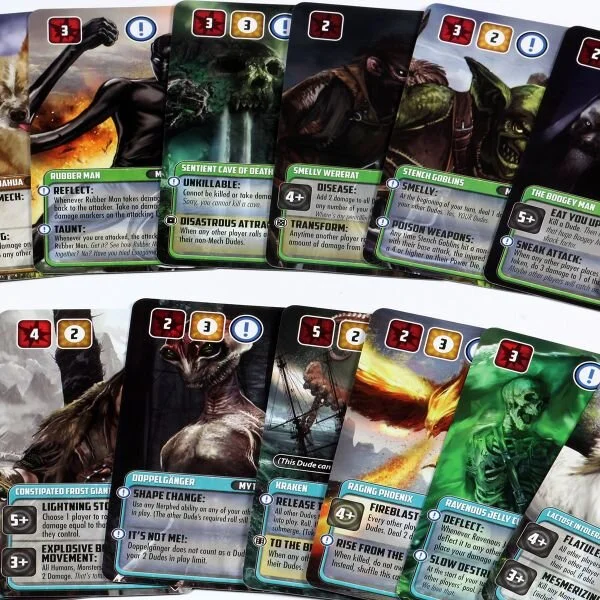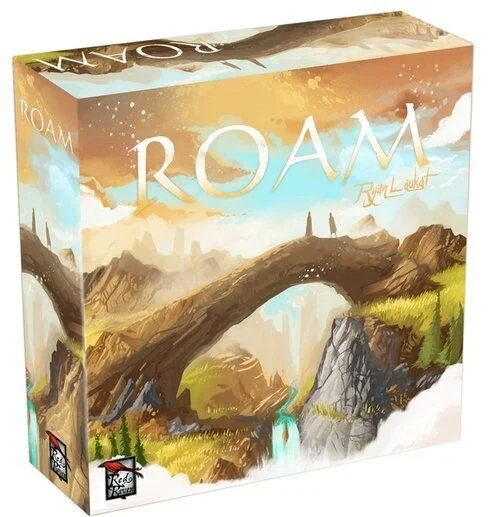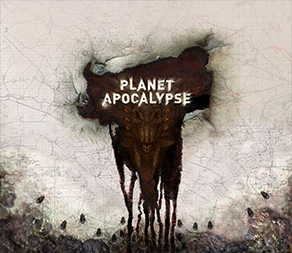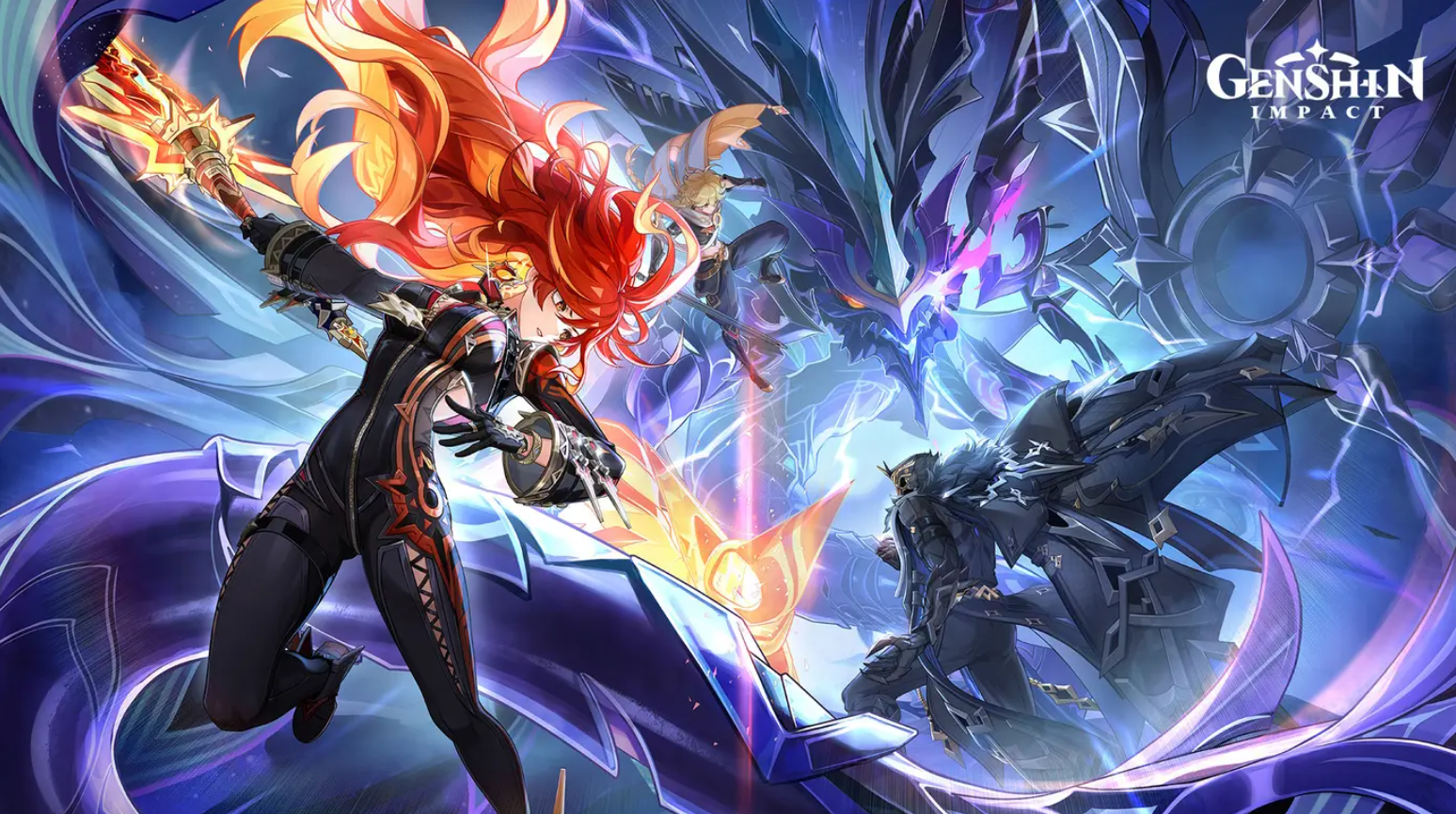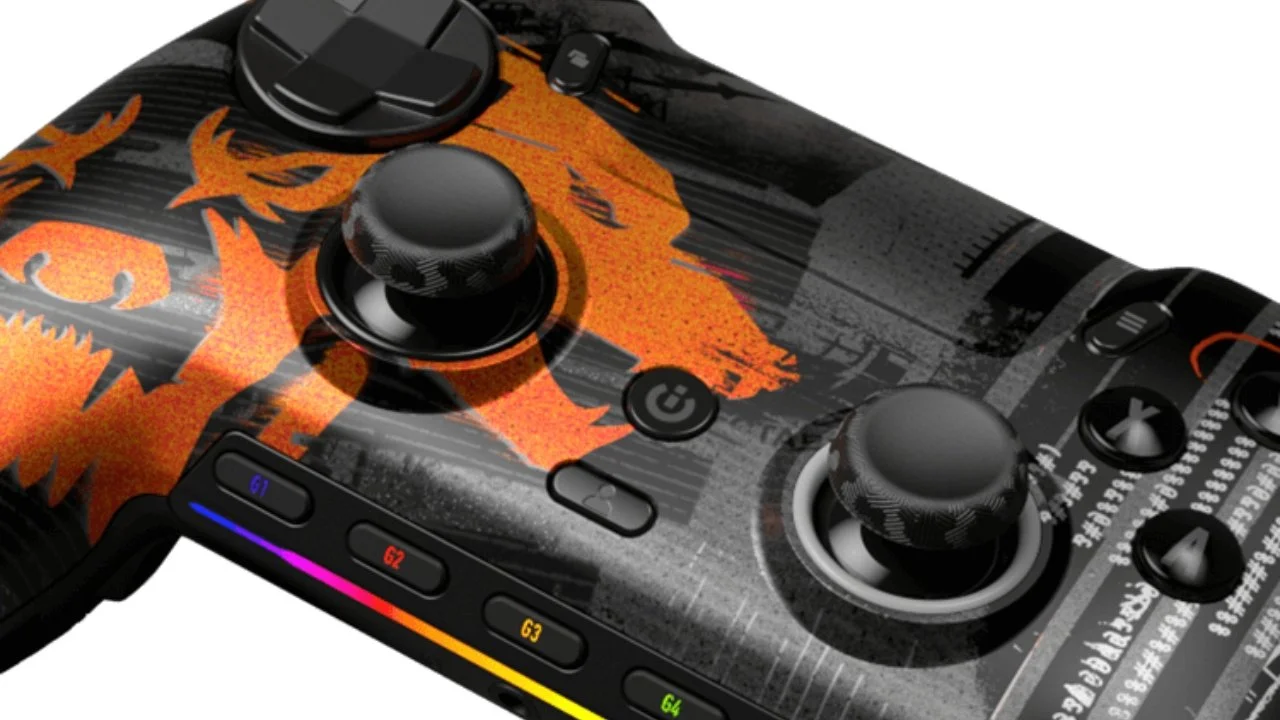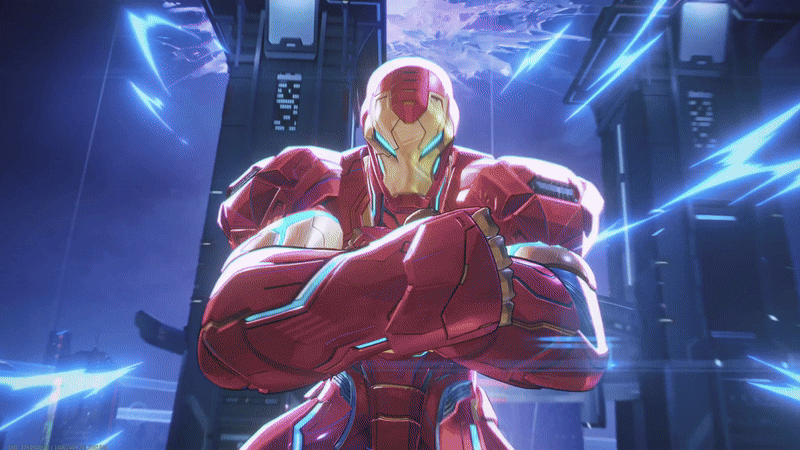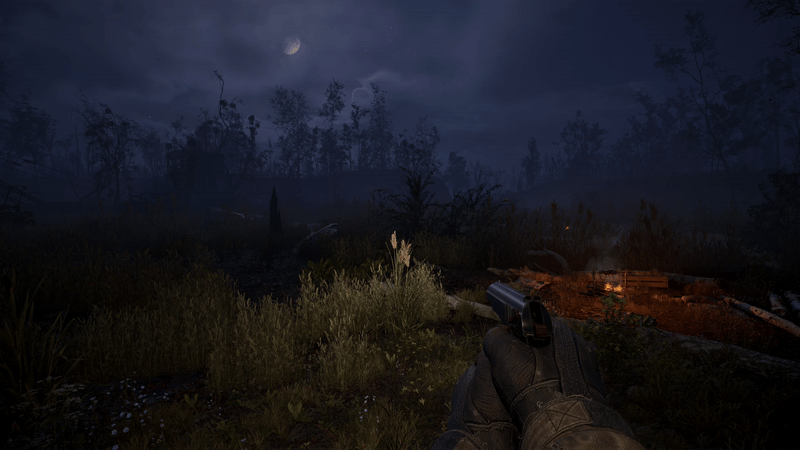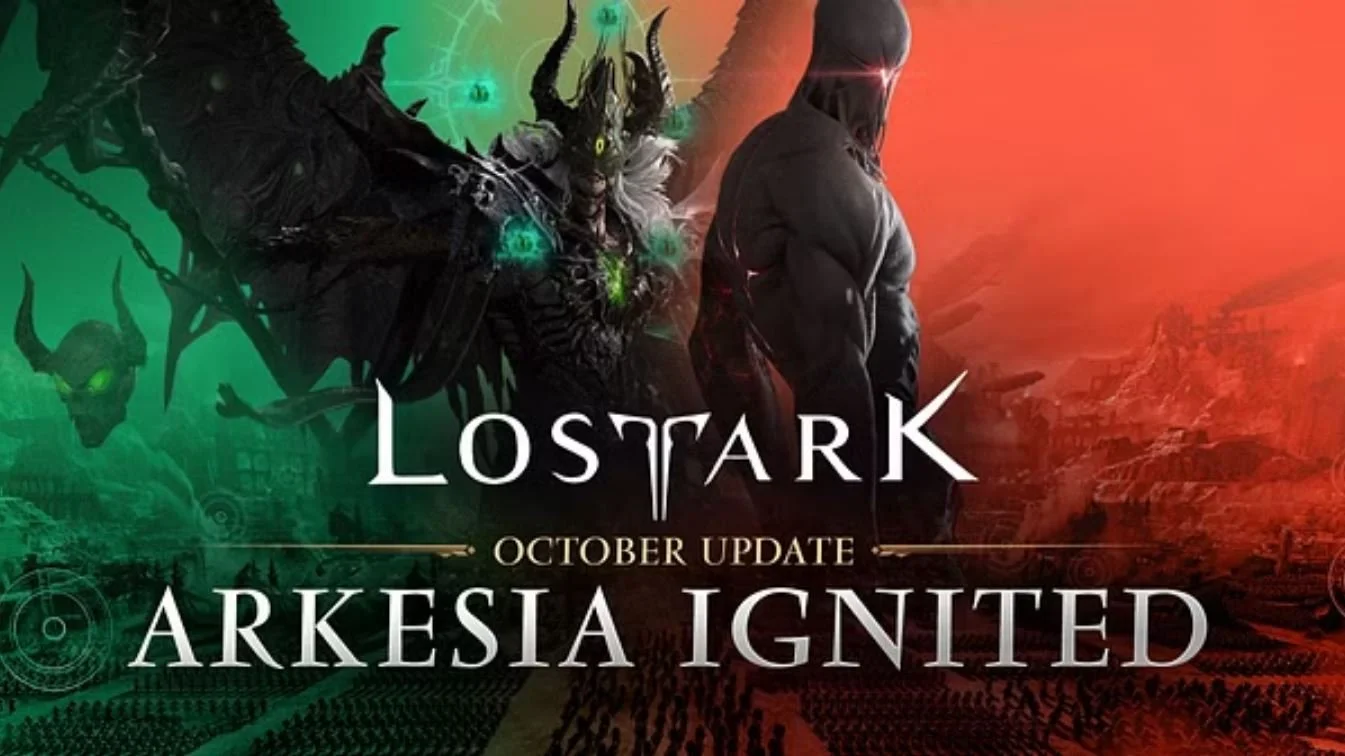Review copy provided by WizK!ds
Who would you pick as your champion in a fight? Karate Sausage? Lactose Intolerant Unicorn? Pretentious Vampire? Fancy Merman?
These alarming characters are just the tip of the iceberg in O.P. Arena, the battle royale of absurd proportions. It’s a card game and dueling game designed by Robert Burke and Nate Bivins. And it’s published by WizKids.
Over eighty characters, known as Dudes, will battle it out until one player reigns supreme. It’s ridiculous. It’s humorous. And it’s lighthearted.
Is it worth your time? Let’s figure that out.
STORY
The O.P. Arena has floated at the center of the M82 galaxy for 8 billion years and has been home to the most intense battles of all time. Players from across the multiverse send their champions in search of glory and riches, but only a handful make it out alive.
You’ve been training your Dudes since you were a child, and your time has finally come! Send your Dudes into the pit, crush all those that stand before you, and emerge victorious!
If it sounds absurd, then you’re reading it right. O.P. Arena throws humans and animals, mechs and monsters, and the undead into a brutal battle royale. Dudes will die. Damage will be done. But someone will walk away as the winner.
And that’s all you need to know.
GAMEPLAY
How does the game work?
Play alternates over a series of turns as players deploy Dudes from their hand, nerph or shield active Dudes on the table, and execute abilities or attacks based on the roll of a die. The goal is to destroy the opponents’ Dudes and earn victory points.
Victory points are scored in three categories. If you land the killing blow, you gain 3 VP. If you have the most damage on a Dude when the brawler dies, you gain 2 VP. And if you have the second most damage at the time, you gain 1 VP. First player to 30 victory points wins.
Each player’s turn is divided into phases: discard a dude from play (if desired), call for Dudes (the current player and any opponent with less than two Dudes in play), play a token (shield a Dude or nerph an opponent’s Dude), roll the power die, execute an ability, discard from and draw cards to your hand.
It’s incredibly simple, which is refreshing if many games in your tabletop library are complex or strategically dense.
There’s even a rule that states, “Players are not allowed to read the Dude abilities of any Dude controlled by another player and may not ask any other player about their Dudes’ abilities.” The point is to keep the game moving and prevent players from thinking too hard or slowing down the gameplay experience.
Pirate Taco. Rabid War Bear. Unhappy Cthulhu. This is not a game to take seriously. Just enjoy the mayhem. And no matter how much you like a Dude and its abilities, don’t get attached. Dudes will die like flies. Don’t fret. Just play another Dude and get back to brawling.
Dude abilities are too numerous and random to discuss in detail, but just be aware that every character out of the more than eighty unique Dudes in the deck can be powerful. The abilities will wreak havoc on other Dudes, so be ready to adapt your strategy. Or forego tactics all together and just let loose.
How can you influence the gameplay? With tokens. The shield tokens and nerph tokens, to be precise. Shield tokens protect a Dude from having its abilities nerphed. And the nerph token prevents a Dude ability from being used. Players start off the game with one of each and tokens can be collected during gameplay.
And that’s about it. Players fight until someone reaches 30 victory points. That player wins. And has the bragging rights until the next fight. Which may not be too far away since the games only last about 30-45 minutes.
Additional game variants allow for some flexibility. Play to 50 victory points, instead of 30, for a longer game. Or play to 20 victory points for a shorter round. Play through the whole deck of Dudes until one is left standing. Play 2v2 in a team battle for a more chaotic experience. Increase the hand size to five Dudes to chain their abilities. Have as many Dudes in play as you want (other than the standard two Dudes).
VISUALS
Color-coded damage markers, victory track markers, and six-sided die help to visually differentiate between the players. Every player has an individual set of components, except for the general supply of shield and nerph tokens.
In a game where Dudes are dying left and right, the distinct damage markers and other game components is a must, and O.P. Arena does not disappoint.
And the artwork in the card deck is wonderful. The over-stylized and crazy aesthetic reflects that makes O.P. Arena so charming.
REPLAYABILITY
O.P. Arena is not Gloomhaven. It’s not Twilight Imperium. You won’t play this game for hours on end. But that wasn’t the intention of this dueling game, and you still might play it more often than you think. Over eighty characters guarantee that players can finish many games before experiencing all of the combinations and permutations of Dude abilities. And games end quickly enough that you might decide to start another one right away if you didn’t win the last battle.
WHAT IT COULD HAVE DONE BETTER
While you can play O.P. Arena with two people, it will be more exciting and less predictable with more players. More opponents will field more Dudes in play, which means that chaos ensues. That’s what you want in O.P. Arena. So the game is best with three to six players, but the high-end of that spectrum will be the sweet spot.
VERDICT
O.P. Arena doesn’t take itself seriously. And that’s a refreshing experience. These days, it feels like games are getting longer and longer. Every now and then, though, players just want an easy, approachable board game that doesn’t take too much thinking but still makes for a fun game night. O.P. Arena achieves that, and it’s an affordable way to laugh with some friends and send some Dudes to their ignoble deaths.

